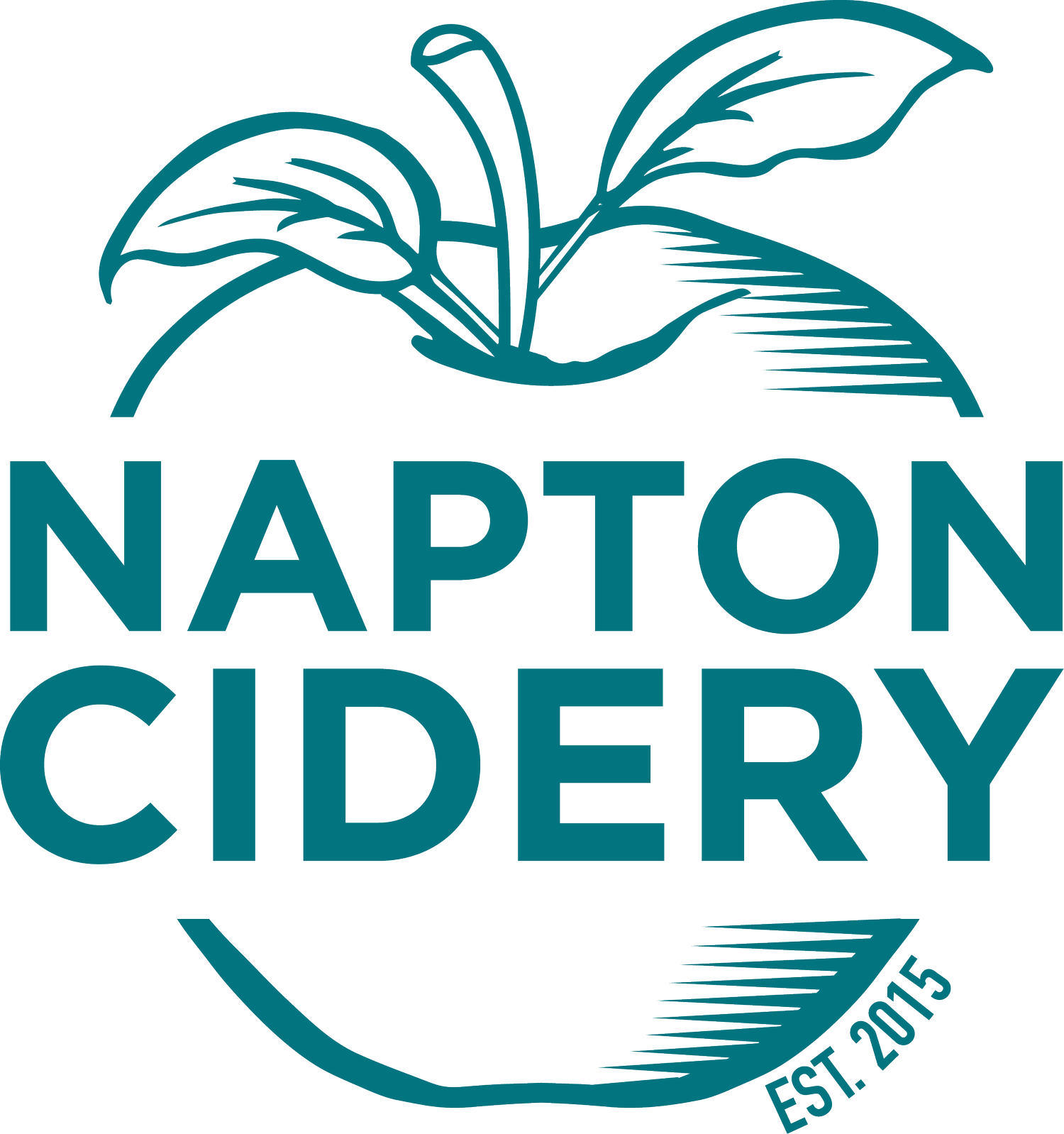100% Fresh-Pressed. 100% Craft. Concentrate vs. Craft: Why 100% Fresh-Pressed Juice is the Secret to Craft Cider Flavour
NAPTON CIDER: 100% Fresh-Pressed. 100% Craft. Concentrate vs. Craft: Why 100% Fresh-Pressed Juice is the Secret to Craft Cider Flavour
In a world increasingly seeking authenticity and transparency in what we consume, the craft beverage movement has gained significant momentum. From artisan beers to small-batch spirits, consumers are demanding to know what goes into their drinks and, more importantly, how it impacts the taste. This trend is particularly relevant in the world of cider, where a fundamental difference in a single ingredient – apple juice – can dictate the very soul of the finished product.
For too long, the mass market has gravitated towards cider made from concentrated apple juice. It's a pragmatic choice for large-scale production, offering consistency, ease of transport, and a longer shelf life. But at what cost to flavour? At Napton, we believe the answer is profound. We stand firm in our commitment to using only 100% fresh-pressed Herefordshire apples, and it's a difference you can truly taste.
The Concentrate Conundrum: What You Lose in the Process
Apple juice concentrate is produced by heating fresh apple juice to evaporate the water content, leaving behind a thick, syrupy substance. While efficient, this process has several critical downsides when it comes to crafting a truly exceptional cider:
Loss of Volatile Aromatics and Flavours: Heat is the enemy of delicate flavours and aromas. The very act of concentrating the juice strips away many of the nuanced volatile compounds that contribute to the apple's unique character. These are the subtle notes that give an apple its specific varietal identity – the crispness of a Bramley, the honeyed sweetness of a Dabinett, the tartness of a Kingston Black. Once gone, they are incredibly difficult, if not impossible, to fully restore.
Diminished Tannin Profile: Tannins are the unsung heroes of cider flavour. These naturally occurring compounds, found in higher concentrations in traditional cider apples, are responsible for the cider's structure, body, and the pleasant astringency that cleanses the palate. They contribute to a complex mouthfeel and provide balance against the sweetness. When juice is concentrated, the delicate tannin structures can be altered or degraded, leading to a flatter, less dimensional cider that lacks the depth and complexity sought by craft enthusiasts.
Compromised Body and Mouthfeel: Fresh-pressed juice, with its natural solids and enzymes, contributes significantly to the body and texture of a cider. Concentrate, being essentially just the sugars and some acids, results in a thinner, less satisfying mouthfeel. It's the difference between a rich, homemade stock and a bouillon cube – both provide flavour, but one offers a far superior sensory experience.
The Homogenisation of Flavour: Because concentrates are often made from a blend of whatever apples are available and then processed in a standardised way, they tend to produce a consistent, but ultimately generic, apple flavour. This uniformity stifles the unique character that different apple varieties bring to the cider, leading to a homogenous taste that lacks authenticity and terroir.
The Napton Difference: The Power of Fresh-Pressed Herefordshire Apples
Our dedication to 100% fresh-pressed Herefordshire apples is not just a marketing slogan; it's the cornerstone of our philosophy and the secret to our cider's distinctive flavour.
Terroir and Varietal Expression: Herefordshire is renowned for its rich cider apple heritage, boasting a diverse range of bittersweet and sharp varieties. By pressing these apples fresh, we capture their individual personalities – the robust tannins of a Brown Snout, the aromatic complexity of a Yarlington Mill, the crisp acidity of a Harry Masters' Jersey. This allows us to craft ciders with genuine varietal expression, reflecting the unique characteristics of the orchard and the season.
Rich Tannin Structure: Our fresh-pressed juice retains the integrity of these vital compounds. The result is a cider with a well-defined tannin structure that provides a satisfying body, a complex mouthfeel, and a lingering, nuanced finish. These tannins are crucial for balancing the sweetness and creating a truly sophisticated drink.
Authentic Aromatics and Depth: From the moment the apples are pressed, their natural aromas and flavours are preserved. This translates into ciders that are vibrant, aromatic, and bursting with the true essence of fresh apples, not a reconstituted approximation. You'll find layers of complexity, from bright fruit notes to earthy undertones, that simply cannot be achieved with concentrate.
Transparency and Trust: In an era where consumers are increasingly wary of hidden ingredients and artificial processes, our commitment to 100% fresh-pressed juice is a testament to our transparency. We believe in showcasing the quality of our ingredients and the integrity of our craft. When you drink a Napton cider, you know exactly what you're getting: pure, unadulterated apple goodness.
The Craft Revolution Demands More
The choice between concentrate and fresh-pressed juice is not merely a production decision; it's a philosophical one. For Napton, it's about honouring the apple, respecting tradition, and delivering an unparalleled taste experience. As the craft beverage movement continues to thrive, consumers are becoming more discerning, actively seeking out products that offer genuine flavour, provenance, and a commitment to quality ingredients.
So, the next time you reach for a cider, consider what went into it. If you're seeking a drink that truly captures the authentic, nuanced, and complex flavour of real apples, then look for the ciders that proudly declare their use of 100% fresh-pressed juice. It's the secret ingredient that transforms a simple drink into a truly exceptional craft cider experience.
